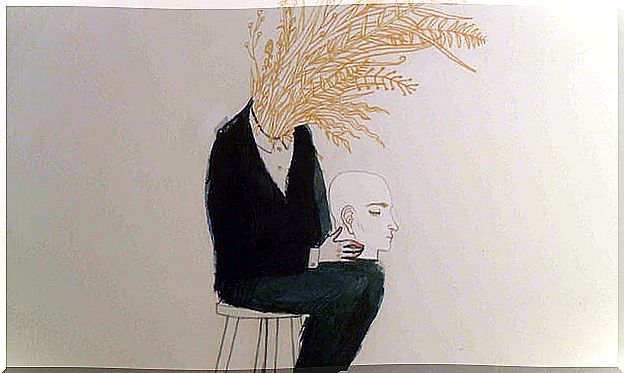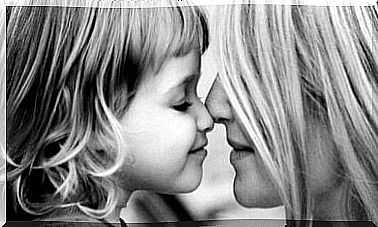When There Is No Hatred Inside, There Are No Enemies Outside

Our personality and unique way of seeing life conditions the way we relate to others. In certain situations we project our characteristics to the people around us, attributing to other behaviors or thoughts that are basically ours. In this line, having enemies may be more related to how we face situations in our mind than to the circumstances that objectively happen to us.
Sometimes the worst attack we can suffer does not come from outside, but from ourselves. In those situations where we feel attacked by external attacks, internal conditions such as anger, impotence and social shame, it is precisely this that comes from ourselves that makes us feel weak and insecure, providing a breeding ground for us to see the others as enemies.
For our emotional stability it is essential to know how to redirect the anger that these situations produce in us. Knowing what situations and circumstances pose a significant injury to us in our lives is crucial to identify what or who we are facing.

There is no doubt that the worst attack is not the one that comes from the outside, but the one that occurs from within, causing us a negative self-assessment, which ends up undermining us as people. This negative self-esteem makes us our worst enemy, since our emotional balance depends, to a large extent, on our self-esteem.
When the enemy is you
Robert J. Sternberg, a professor at Yale University and former president of the American Psychiatric Association, distinguishes at least two types of enemies: external and internal.
Internal enemies, as the name suggests, refers to those within us, such as our thoughts. When negative thoughts trap us in a loop, they lead us to anger, fury, hatred, making us see the other as an enemy for “provoking” us various painful situations.
That internal enemy comes from the irrationality that all those negative thoughts provoke in us. Emotional well-being depends fundamentally on not being carried away by automatic thoughts, since they have very negative characteristics:
- They are irrational, that is, they do not adhere to objective facts, to reality.
- They are automatic, they function as a body reflex that occurs without our voluntarily promoting it.
- They are exaggerated, dramatic and always negative, they generate enormous emotional discomfort and also for free, without us being able to take the least advantage of it.

How to control enemies?
Gandhi practiced a passive method of “fighting” against his enemies, constructive non-resistance. This is an active way of dealing with the enemy through positive means, a proactive way of dealing with adversity. In personal relationships there is a wide range of situations that we will have to face. To deal with conflict situations it is important to:
- Don’t fight just for the sake of fighting
- Not fighting to inflate our ego.
- Do not fight to exalt our pride.
- Do not fight to defeat our adversary or to punish him.
- Fight only to obtain a greater end.
- Fight to get over our problems.
No matter how hard we try, conflictive situations will not disappear from our lives, so it is important to learn to control the effect it causes on us.

Images courtesy of David de las Heras









